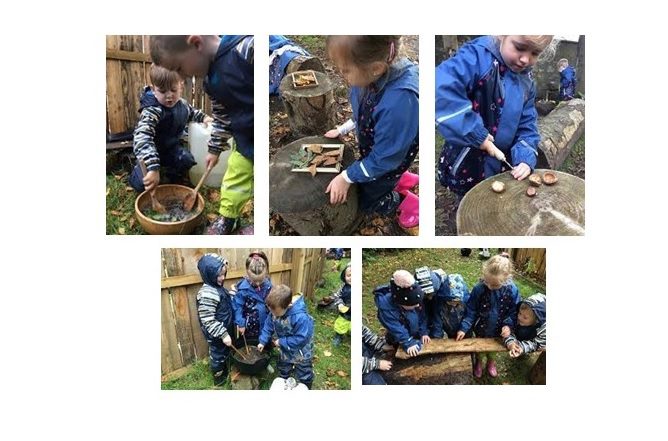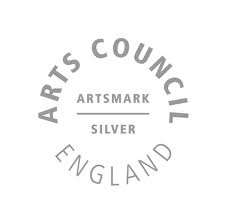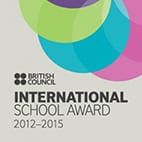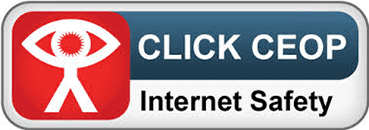The Forest School Ethos
- Forest School is a child-centred inspirational learning process, that offers opportunities for holistic growth through regular sessions.
- It is a long-term program that supports play, exploration and supported risk taking.
- It develops confidence and self-esteem through learner inspired, hands-on experiences in a natural setting.
Quality Forest School is delivery which holds to all six key principles that shape and govern the Forest School ethos. There are many forms of outdoor education and all have enormous value, however, Forest School is unique in its reach, delivery and effect.
These six principles are:
- Forest School is a long-term process of regular sessions, rather than one-off or infrequent visits; the cycle of planning, observation, adaptation and review links each session.
- Forest School takes place in a woodland or natural environment to support the development of a lifelong relationship between the learner and the natural world.
- Forest School uses a range of learner-centred processes to create a community for being, development and learning.
- Forest School aims to promote the holistic development of all involved, fostering resilient, confident, independent and creative learners.
- Forest School offers learners the opportunity to take supported risks appropriate to the environment and to themselves.
- Forest School is run by qualified Forest School practitioners, who continuously maintain and develop their professional practice.
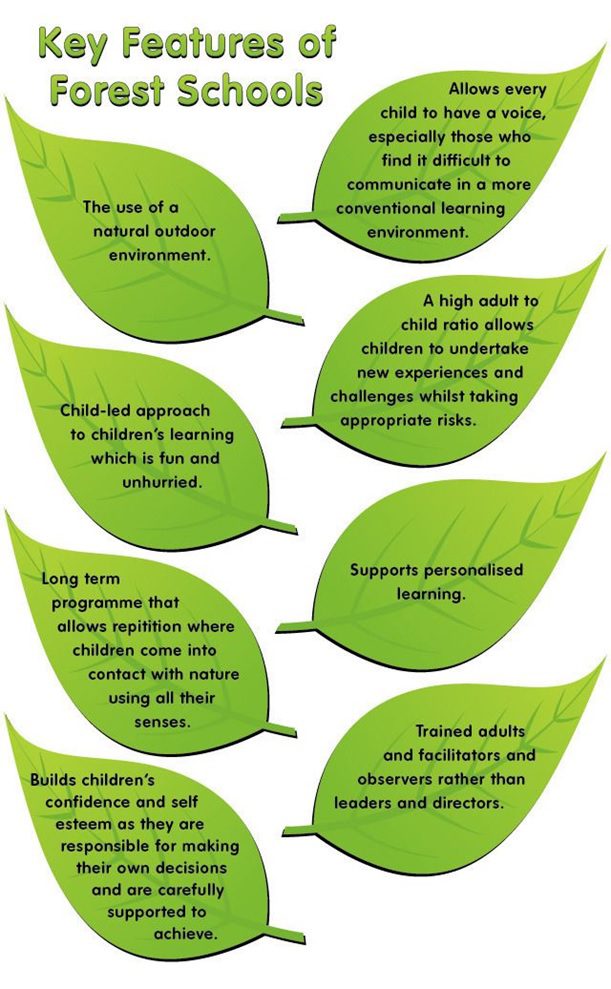
Intent
At Consett Infant School we value the importance of outdoor learning. We have expanded and enhanced the breadth of our curriculum by incorporating a designated area for Forest School which is a weekly part of the children’s routine. In the Early Years they have incorporated an outdoor learning area which children have continuous access to. All outdoor learning is planned around the curriculum currently being studied, which gives depth, enrichment and an outdoor perspective for our children. We want children to have the opportunity to be able to explore and learn outside throughout the year, experiencing the seasons and changing nature around them.
- To provide opportunities for curriculum enrichment through hands-on learning outdoors.
- To give children the opportunity to exercise and interact with the outdoor environment to encourage healthy living and confidence.
- To provide opportunities to develop children’s resilience and confidence.
- To instil in children a love and wonder of nature.
- Opportunities for children to develop problem solving skills
- Children will have the opportunity to evaluate and reflect.
Implementation
- Planning and running outdoor sessions which support what is being learnt in the classroom and/or cover parts of the curriculum for that group.
- Risk Assessing environment and activity.
- Having suitable clothing to ensure outdoor learning can occur in all weathers.
- To encourage exposure to managed risk.
- To set challenge at a level where children can succeed.
- To guide and encourage children in learning about nature around them.
- To foster respect for their environment.
- To look at seasonal changes.
Impact
At Consett Infant School, the desired impact of our outdoor learning curriculum, is that children will become more confident to tackle challenges and more confident in their abilities to risk assess their own learning experiences. They will not only be more confident and resilient learners; they will become more caring and supportive peers due to the heavy focus the curriculum places on understanding and generating empathy. This will allow children to become more able to regulate their social, mental and emotional health meaning the children can perform better in collaborative learning and tasks, giving them the skills necessary to improve themselves in their schooling career and life in the wider world.
As children grow in confidence in their abilities in the outdoor environment, they will begin to be able to understand, assess and manage their own risk and safety. It encourages problem solving logical thinking and self-reflection and evaluation but most of all the pupils will see that mistakes aren’t failures; they are a part of learning, that they are, ultimately, human.
